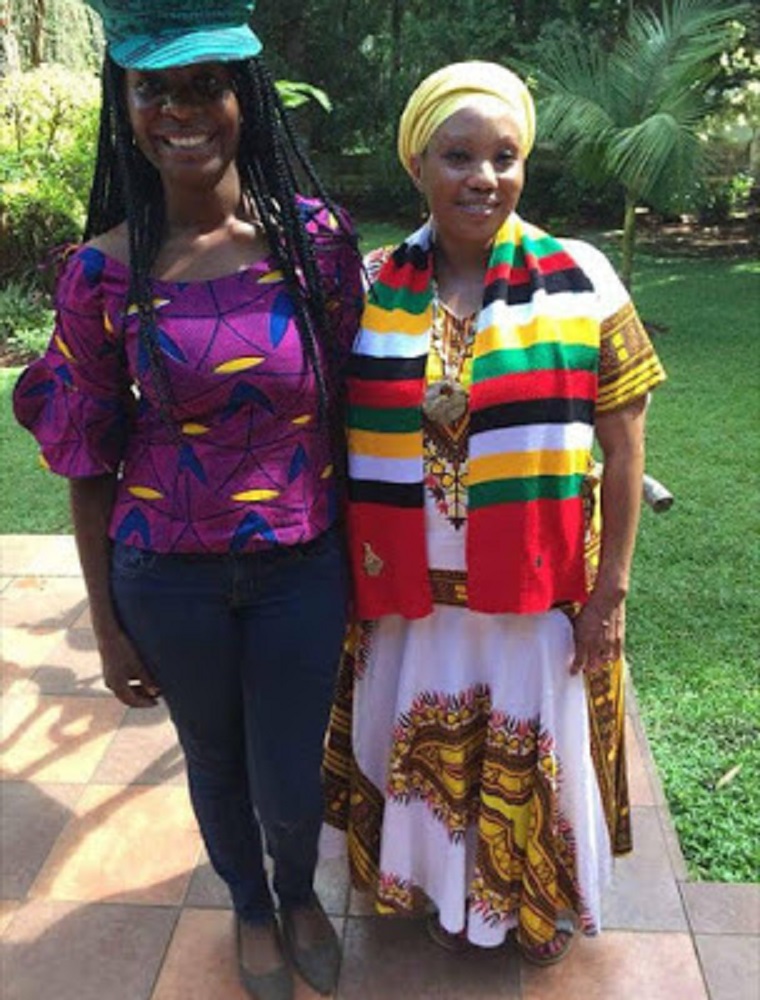 Fake news is on the upsurge as Zimbabwe gears up for its watershed elections on 30 July.
Fake news is on the upsurge as Zimbabwe gears up for its watershed elections on 30 July.
Mobile internet and social media have become vehicles for spreading a mix of fake news, rumour, hatred, disinformation and misinformation.
This has happened because there are no explicit official rules on the use of social media in an election.
Coming soon after the 2017 military coup that ended Robert Mugabe’s 37 years in power, these are the first elections since independence without his towering and domineering figure.
They are also the first elections in many years without opposition leader Morgan Tsvangirai, who died in February.
The polls therefore potentially mark the beginning of a new order in Zimbabwe. The stakes are extremely high.
For the ruling ZANU-PF, the elections are crucial for legitimising President Emmerson Mnangagwa‘s reign, and restoring constitutionalism.
The opposition, particularly the MDC-Alliance led by Tsvangirai’s youthful successor, Nelson Chamisa, views the elections as a real chance to capture power after Mugabe’s departure.
The intensity of the fight has seen the two parties use desperate measures in a battle for the hearts and minds of voters.
They have teams of spin-doctors and “online warriors” (a combination of bots, paid or volunteering youths) to manufacture and disseminate party propaganda on Twitter, Facebook and WhatsApp.
Known as “Varakashi”, (Shona for “destroyers”) ZANU-PF’s “online warriors” are pitted against the MDC’s “Nerrorists” (after Chamisa’s nickname, “Nero”) in the unprecedented online propaganda war to discredit each other.
Besides the fundamental shifts in the Zimbabwean political field, the one thing that distinguishes this election from previous ones is the explosion in mobile internet and social media.
Information is generated far more easily. It also spreads much more rapidly and widely than before.
What’s happening in the run-up to the polls should be a warning for those responsible for ensuring the elections are credible.
Images shared on social media platforms have become a dominant feature in the spread of fake news ahead of the elections.
Both political parties have used doctored images of rallies from the past, or from totally different contexts, to project the false impression of overwhelming support.
Supporters of the MDC-Alliance, which shares the red colour with South Africa’s Economic Freedom Fighters EFF, have been sharing doctored images of EFF rallies – and claiming them as their own – to give the impression of large crowds, according to journalists I interviewed in Harare.
Continued next page
(300 VIEWS)






0 Comments